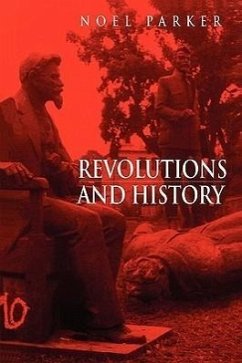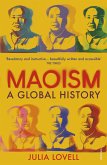This book offers a fresh framework for the historical understanding of revolutions and ideas about revolution. As the glow fades on the triumph of liberalism over the so-called Soviet revolutionary bloc, Revolutions and History shows how revolutions can be located in the longer worldwide spread of modernity. Seen in that setting, earlier views have persistently misconstrued the potential of revolution. Rather than being conscious steps forward into the future, revolutions have always been hazardous responses, disrupting and accommodating a complex historical process. Yet if the potential of revolution has been overestimated, so has the meaning of its defeat. The author argues that revolutions do not matter just because they happen. They also have a meaning, and that meaning has historical impacts of its own. By adapting ideas from the theory of narrative and the philosophy of action and of time, Revolutions and History sets out a new concept of 'revolutionary narrative'. The narrative contains the existential force of the idea of revolution, and accounts for its impact in the modern world. Drawing on contemporary history and international relations theory, the book can then show how revolutions may continue to have complex global effects in the future. This is a study that will interest students of revolution, of history, of international relations, and of modernity. The book's interpretations illuminate the revolutionary experiences of the past while challenging facile assumptions that the force of revolution and revolutionary ideas must now simply be at an end.
Bitte wählen Sie Ihr Anliegen aus.
Rechnungen
Retourenschein anfordern
Bestellstatus
Storno








